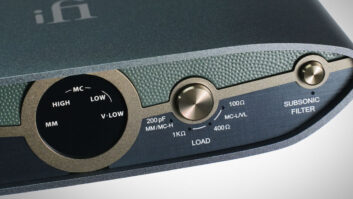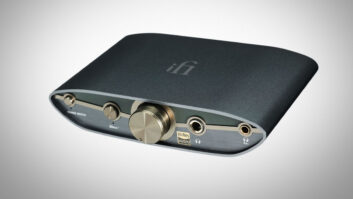AMD has taken processor giant Intel to task so far this year, boosting its market share to 37% and beating its competitor to market with the first 1GHz chip in Compaq and Gateway computers.
PC Data, Reston, Va., said AMD did well on both ends of the PC price spectrum, with strong sales of its K6-2 processor used in budget-price PCs and the pricier Athlon that is featured in high-end and business-class computers.
Steve Baker, PC Data’s director of hardware analysis, said January’s showing was the best for AMD since April 1999, and for the first time, PCs equipped with an AMD processor had a higher average selling price than models outfitted with a Pentium or Celeron processor.
One analyst said AMD’s surpassing the 1GHz mark ahead of archrival Intel is more than just an ego boost and is a strong indicator that AMD is ready to challenge Intel. “It is a validation that AMD is a very serious source for processors and will boost consumer confidence in AMD and the Athlon line,” said Max Baron, processor analyst for Cahners In-Stat Group, Sunnyvale, Calif.
AMD executives played their accomplishment to the hilt. Chairman/CEO W.J. Sanders III said, “Attaining the 1GHz performance mark has long been a paramount goal for producers of PC processors. Introduction of a PC processor capable of executing one billion clock cycles per second is our industry’s equivalent of breaking the sound barrier.”
The 1GHz processors cost $1,299 when bought in lots of 1,000, so for several months, they will be found only in the most expensive computers. Compaq this week will start shipping PCs ranging in price between $1,999 and $2,499, while Gateway this week has made available one system starting at $2,999.
Baron said that AMD is intentionally pricing the processor out of reach for the average consumer in order to keep demand down until it can ramp up production. He anticipated Intel will make the same move when it rolls out its first 1GHz processor, and he noted that “Intel and AMD are running on the very edge of technology and will have trouble supplying large numbers of these processors.”
Baron was not certain when Intel would unveil its processor but thought bringing it out now on the heals of AMD’s announcement would be a poor decision from a marketing point of view.
“Intel following within just a few days of AMD would not be well received psychologically by the market,” he explained. “It would be too obvious that AMD beat them, so Intel should wait awhile and then come out with its 1.5GHz chip.”
Intel did a technology demonstration in February of a processor dubbed Willamette, which uses a 32-bit chip and was shown running at 1.5GHz.













